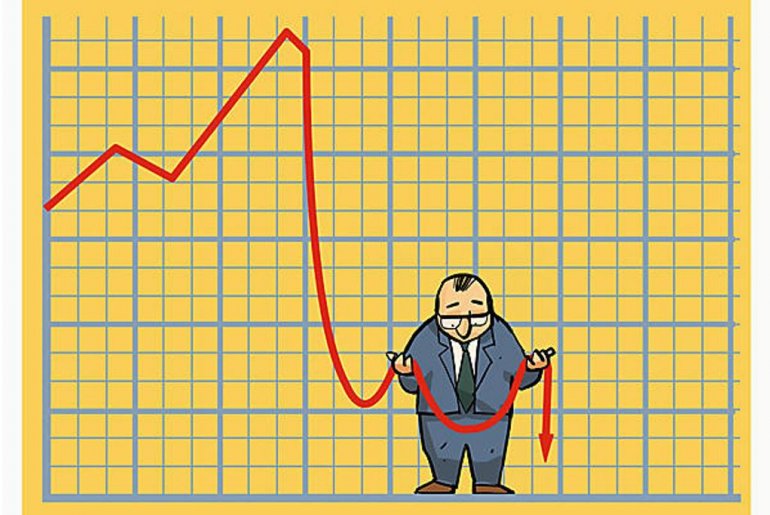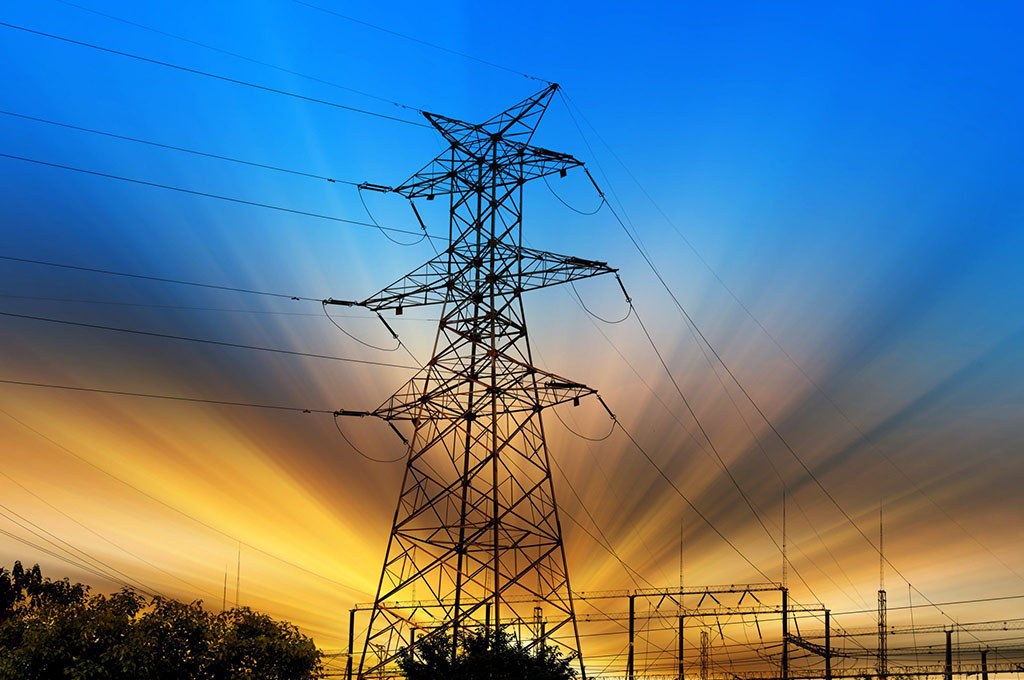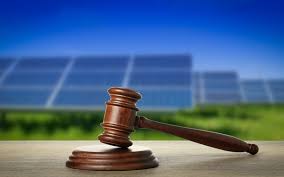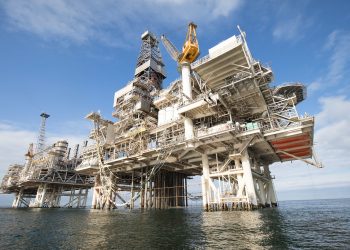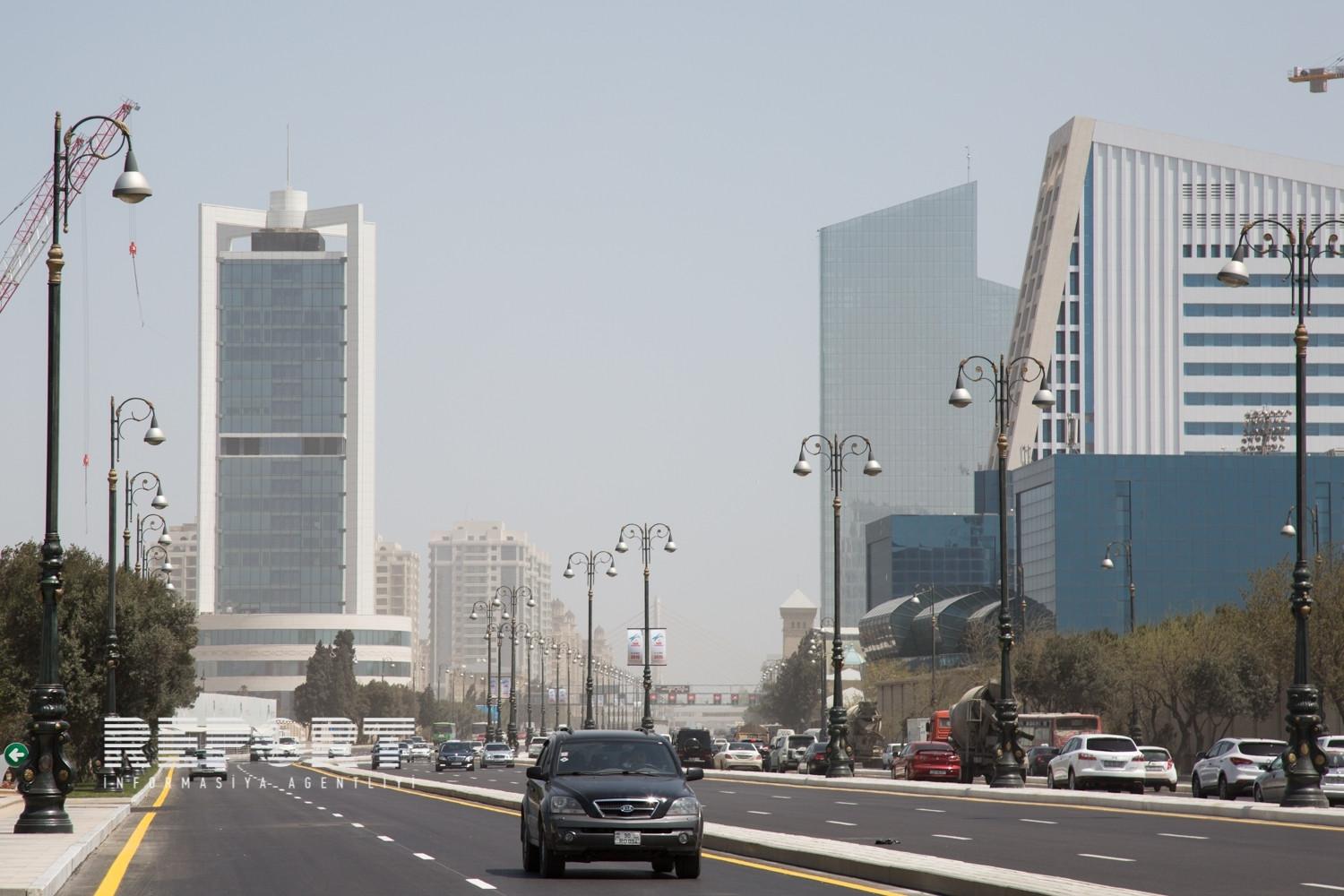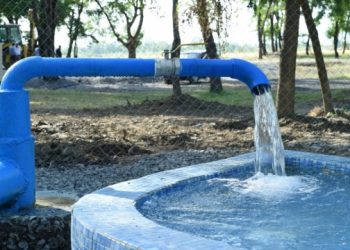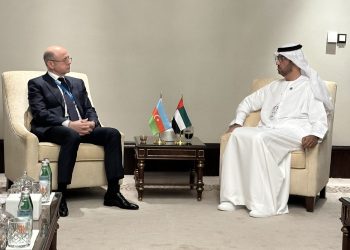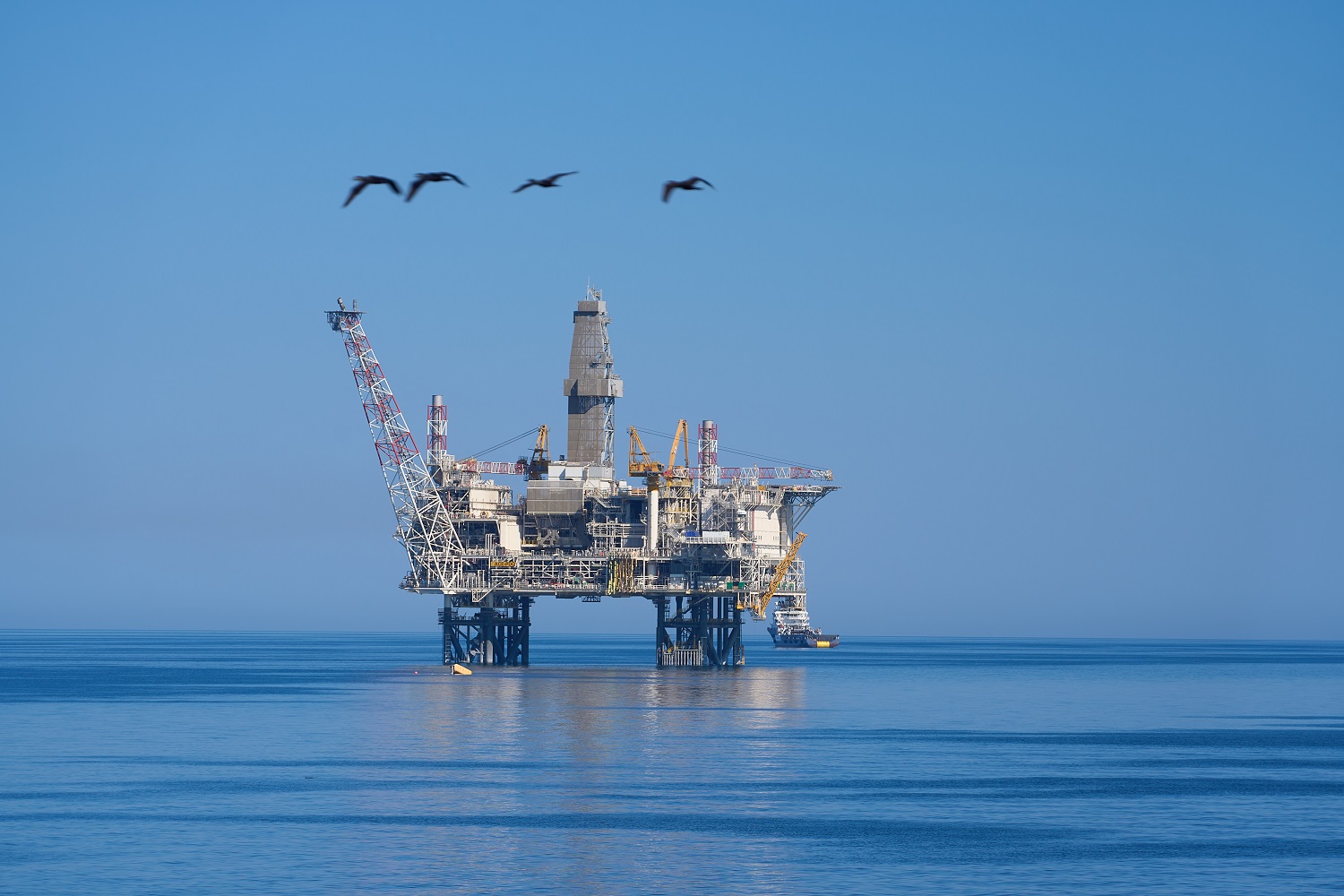 The European Commission (EC) has been working on the proposals for the EU member-states to freely exchange gas and depend less on Russian gas. In particular, Central and Eastern Europe, which are more than others depend on Gasprom, will be recommended to have at least three gas sources. Marosh Shefchovich, deputy chairman of the EC, said after the working group’s meeting that by June 2015 the group must outline the plan of actions to improve the gas infrastructure in Europe, Reuters reported.
The European Commission (EC) has been working on the proposals for the EU member-states to freely exchange gas and depend less on Russian gas. In particular, Central and Eastern Europe, which are more than others depend on Gasprom, will be recommended to have at least three gas sources. Marosh Shefchovich, deputy chairman of the EC, said after the working group’s meeting that by June 2015 the group must outline the plan of actions to improve the gas infrastructure in Europe, Reuters reported.
“We have decided that our goal is to supply each country of the region with as minimum three reliable gas sources. Within the shortest period of time we will consider all infrastructure projects, which must be funded from the European funds,” Shefchovich told journalists.
The session of the working group took place in the capital of Bulgaria Sofia to support the country, which has lost the Southern Stream project. Sofia and EC will discuss the idea to offer Russia to build the underwater section of the South Stream pipeline to the distribution centre in Varna, said Bulgarian Premier Boyko Borisov.
He said the country will need 2.2 billion Euro to build the distribution centre, which could receive gas not only from Russia, but also from Azerbaijan, Bulgarian fields in the Black Sea and LNG terminals in Greece. Bulgaria also could receive gas from the storages in Czech Republic and Slovakia via the pipeline passing through Romania, Borisov said.
The first step of the group must be working out of the plan of actions to integrate the gas market of the Central and South Eastern Europe and create the gas connections in the region.
EC as the highest executive agency in the EU has been working on the plan to create the Energy Union and is also going to develop the alternative sources of delivery of energy resources, in particular the Southern Gas Corridor from Azerbaijan, Turkmenistan, Georgia and other Caspian basin region. It contains new important items related to cooperation with the main supplier of gas to Europe – Russia. They envisage new limitations for investments of Russian companies into the European energy sector.
At first, European Commissar for Energy, Commerce, Industry and Competition are instructed to work out the detailed scheme of purchase of imported gas within 2015. Donald Tusk, the active chairman of the European Council, supports this idea, but the main players at the European gas market are unanimously opposed to the centralized purchases.
Secondly, four European Commissars could be instructed “to discuss investments of companies of the third countries, such as Russia, into the European market (infrastructure, distribution, gas supplies and electric energy) within the context of energy safety.”
This item is directly aimed against Gasprom, which owns various transportation and sales assets in the EU. Its involvement in the sales could have significantly increased as a result of the deal on exchange of assets with the German BASF concern.


